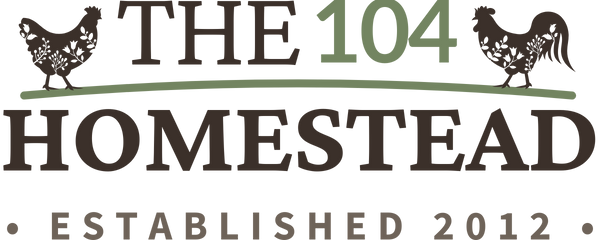Ruffling Feathers: Celebrating the Diverse Ways to Raise Chickens
I’m here to tell you that there’s no perfect way to raise chickens. Let us talk about supplemental lighting, heat, feeding, and more.
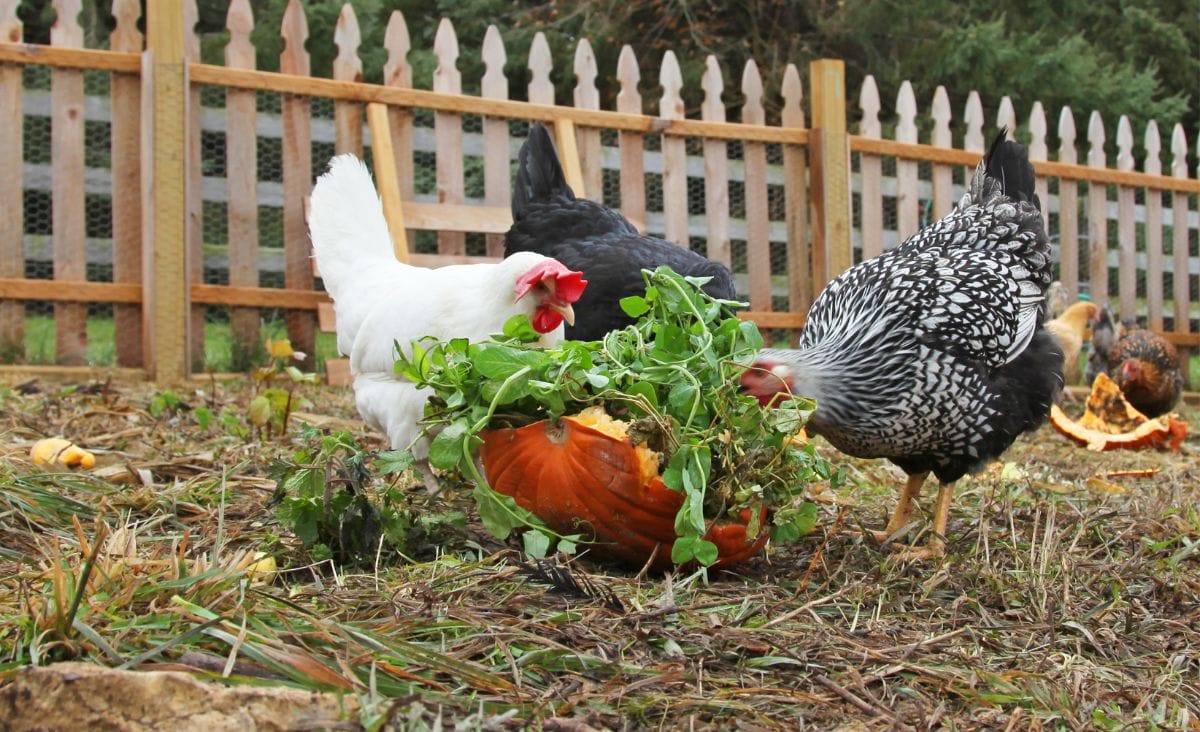
Homesteading can mean different things to different people. One school of thought is doing things the old-fashioned way and getting back to our roots. The other school of thought is living simply in a modern way. Many people’s viewpoint falls somewhere in the middle. No way is the right or wrong way.
I’m going to highlight homesteading with chickens and some of the controversial issues that arise when keeping our feathered friends. These are some serious hot button issues in chicken keeping. They include winter keeping, incubating, bedding and feeding. Almost every aspect of raising chickens. So let’s break down each topic with pros and cons (seeing as every viewpoint provides both).
Winter Chicken Keeping (Heat & Light)
Heating the coop in winter gives some flock keepers peace of mind. Heat can reduce the likelihood of frostbite and obviously the annoying frozen water issue. Some people believe that heat is as important as the lighting in keeping egg production up. On the other side of the coin, the non-heat-users believe that getting a bird used to warmer temperatures can be dangerous. A power outage could shock their systems if they haven’t built up a tolerance to the cold temperatures.
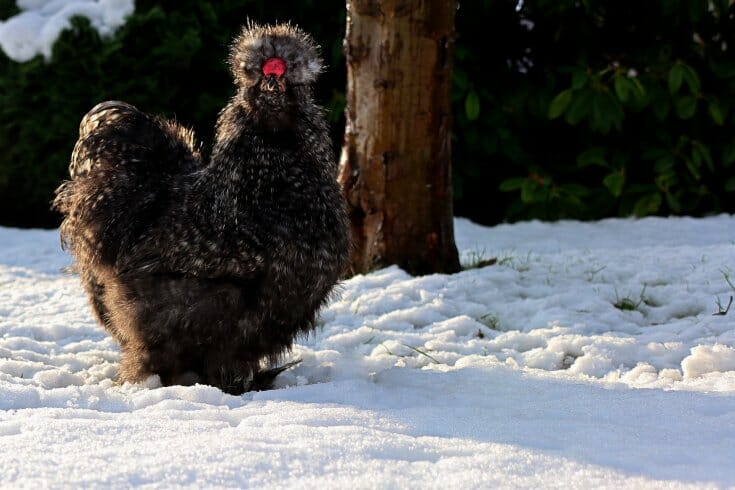
Fire Risks
Heat-users attach an infrared bulb up to where the birds do not have access. Non-heat-users fear that even with the best of intentions, fire risk is just too great. They believe that a hot bulb with dry bedding and active birds is a recipe for disaster. Some people use a high wattage white bulb instead of red so that they can simultaneously trigger laying in their birds. You can prepare your chickens for the cold by following these steps.
Effects on Egg Production
With shorter days in the winter, many birds reduce their egg production or stop altogether. Chickens require at least 14 hours of sunlight to produce the hormone that stimulates egg-laying. Those who feel there is no need for heat will use cool bulbs like fluorescents or Christmas lights to trigger laying without heat. Some keepers choose not to add light. They feel it is unnatural to force a bird to lay when their system deserves a break.
If you choose to add light to your coop, it needs to be bright enough to easily read a newspaper in order to stimulate egg-laying. My friend Kathy shares all you need to know about supplemental lighting dos and don’ts.
Incubating & Hatching Chickens
Do you feel like a homesteader when you hatch out chicks in a small plastic box? Some do and some don’t. Either method you choose to incubate, you are still growing your flock. Some keepers believe that getting back to your roots means doing it the most natural way possible by using a broody hen to hatch out eggs. Others believe that using an incubator gives more control and fits their situation better.
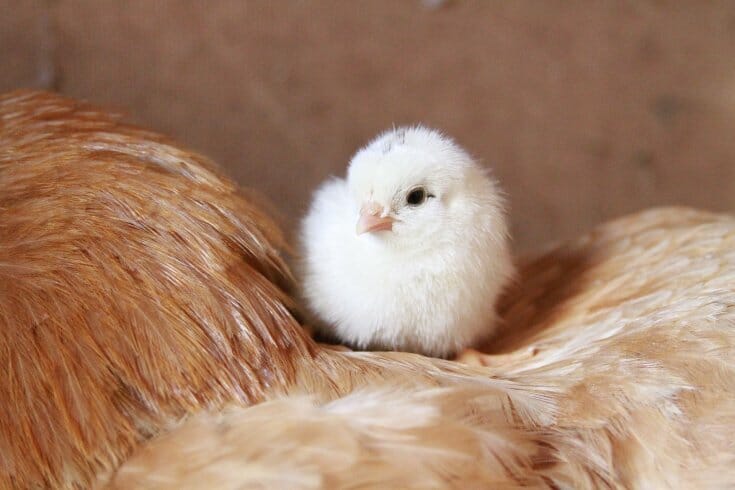
Since I already touched upon the broody hen vs. incubator pros and cons in a past post, I won’t get into that again.
Choosing the Right Bedding for Your Chickens
Based on the comments on social media for my post Sand in the Coop & Run I have seen that bedding is also a hot button issue. The old-fashioned way of doing things is to use straw, hay, leaves, or wood shavings for bedding. It has worked for generations, so why not? Some new ideas are coming to light, like using sand.
I have shared why I like sand, but let me touch on why I don’t care for other bedding options. Organic materials have some serious downsides. These downsides include mold issues and moisture which can cause a variety of issues. Moisture is the perfect environment for microbiological contamination (Aspergillus, Salmonella, etc.) as well as other poultry issues (frostbite, bumblefoot, etc.).
Sand can have the exact same issues. However, it all comes down to maintenance. Deep litter is great if you do it correctly. Hay stacking is great if you do it correctly. Sand is great if you do it correctly. I cringe when I hear of people using DE (diatomaceous earth) when using organic matter as bedding. It compromises all of their work because it kills all the good bacteria that allows for composting properly.
I guess my final word on bedding is that they all work, but it is a matter of proper care for the type of bedding you’ve chosen to raise chickens on.
Feeding Your Chickens
Some keepers choose to free-range exclusively. Some mix their own feeds. Others choose to feed commercial feed. When it comes to commercial feeds, there are even more options: Organic or not. Fermented or not. Scheduled feeding or available at all times. I have one friend who raises chicks without starter! Hey, it works for her.
Exclusive free-range expose the birds to a great variety and hones in their natural skills of foraging. Those that are against the exclusive free-ranging fear that unless you have a huge property, the birds will not be able to get enough variety to fulfill their nutritional needs.
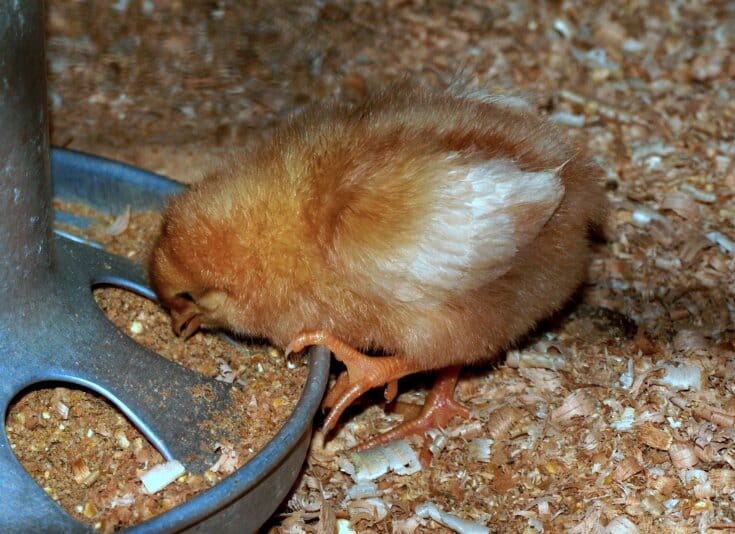
Mixing Your Own Feed
Mixing your own feeds is great because you know exactly what is going into your birds and you are able to modify it for their current needs. Do you have birds going through a molt or coming into lay? You can add or remove elements in the feed to cater to the specific situation. The problem comes from assuming that the birds are getting a complete diet. I’ve googled and have yet to find a hard-fast rule or guide for mixing your own feed. It’s not something you want to play around with since the birds’ health and well-being could be at risk. The Happy Chicken Coop has some great information and a recipe to get you started if that’s a route you’d like to explore.
Organic Feed
Organic feed sounds fancy and healthier, right? Many news articles are spinning around regarding the label organic on our grocery store foods. Experts are questioning how much healthier these more expensive foods really are for us. It makes you wonder if this is the case for our feathered friends as well. Organic is a great choice if you feel comfortable spending a little more, but you should be an informed buyer and know what specifically is in your organic feeds.
Fermenting Feed
Fermented feed is purported to being the best way to feed. Less waste, less consumption, less odor in the poop. What’s not to love? Much like the bedding, it is all in doing things properly. A bad batch of FF (fermented feed) can wipe out a flock. You need to do your homework and make sure you know what to look for when fermenting. Read my article on why you should consider fermented feed.
My Way of Raising Chickens
So, you may ask, how does Jessica raise chickens? After researching and trying various methods, this is what I choose to do:
- I add supplemental lighting in my coop during the winter in the form of Christmas lights. I treat my birds as well as I can, but production is important to me because it feeds my family and pays for their care costs. I do not, however, choose to heat. To me, it is not worth the fire risk or higher electricity bill.
- I prefer to use a broody hen to hatch out my chicks. The reason is purely selfish. I prefer not to have chickens in the house or be in charge of their heat requirements. I’d rather let mama do it because I feel she’ll do a better job than I will. I will be using an incubator for quail this year because they are not known for their broody qualities. This may be a gateway to chicken hatches via incubator as well.
- As mentioned before, I am pro sand in the coop and run. Although I realize there are risks (equal to any other bedding choice) I feel the maintenance is easier with sand than other choices.
- I ferment organic feed in the warmer months because I can control the fermenting process easier with warmer temperatures. I use the dry feed in the winter and chose organic feed purely to help sell eggs.
Are my methods the best? Maybe so and maybe not, but it works for me. I think that is the whole point of this article. Any choice is just that, it’s a choice. Who’s to say what is right and wrong? You can find reputable sources to back whatever you decide.
If you’ve found value in this blog post and enjoyed reading it, why not share it with your Pinterest community? Pin the image below and spread the love!
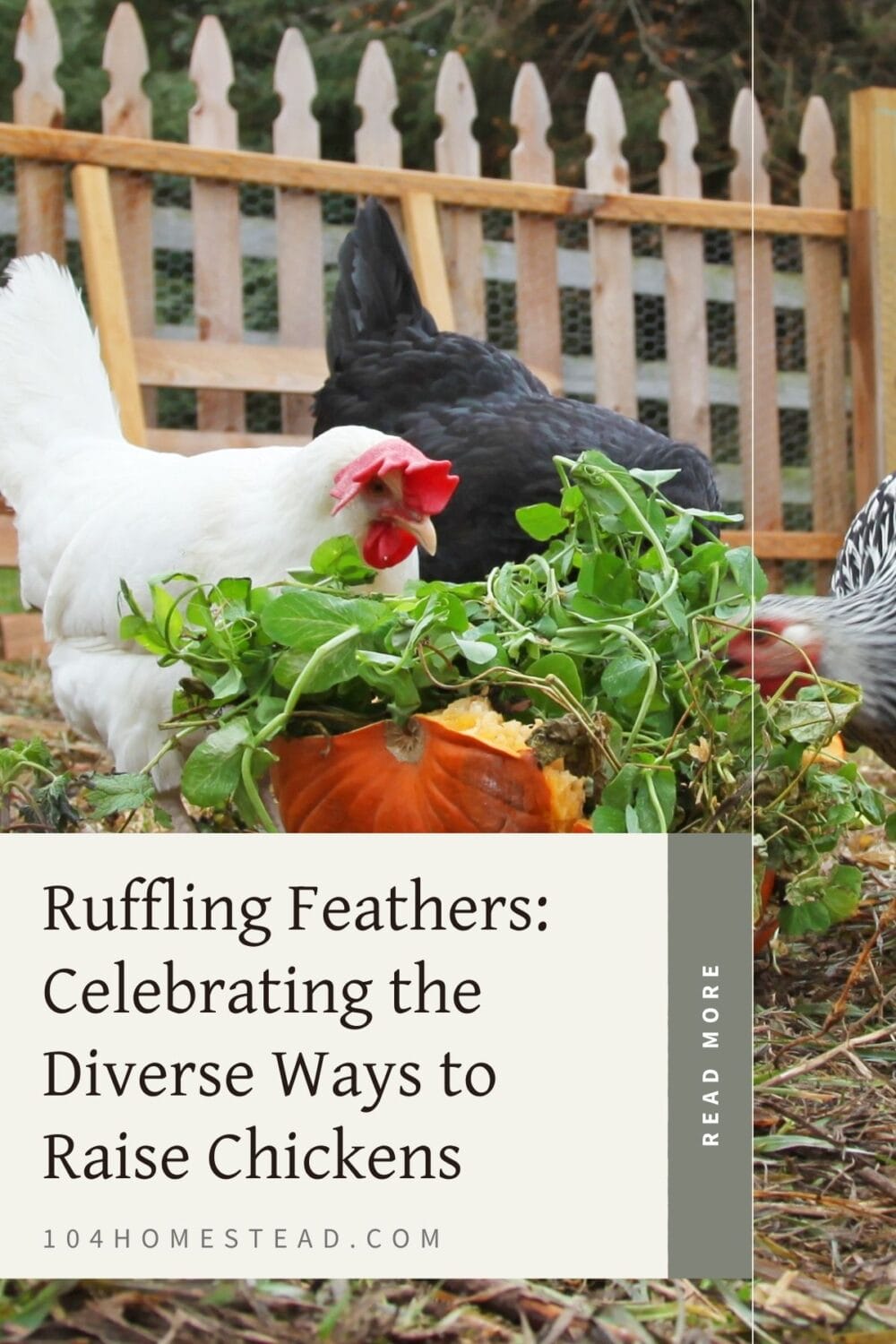
I think the best thing you can do is decide what works for your situation to make sure your birds are happy and healthy. After all, isn’t that what we are all striving for anyway? To raise chickens that are happy and healthy.
What controversial views do you have on raising chickens? Share in the comments below!
